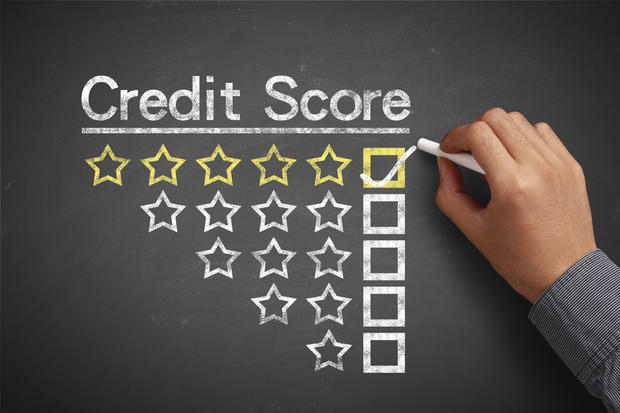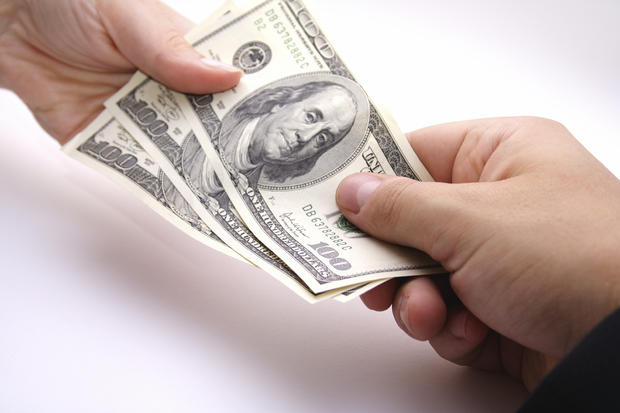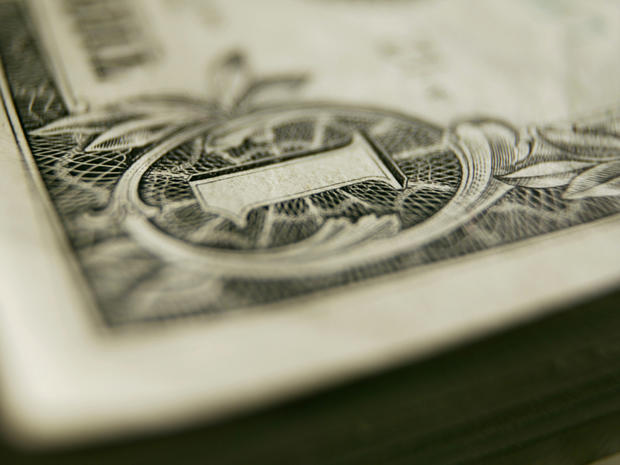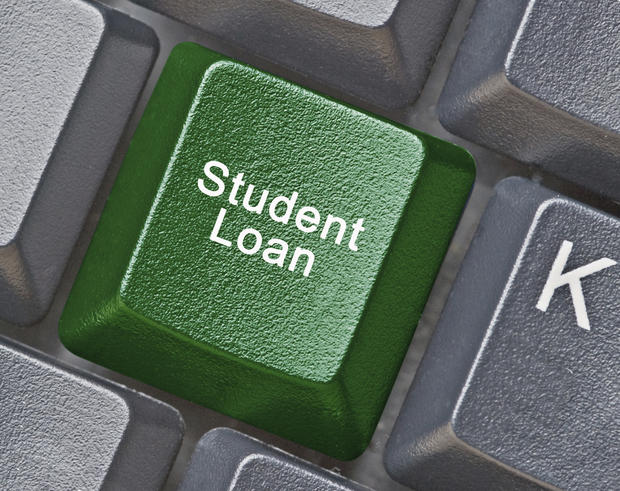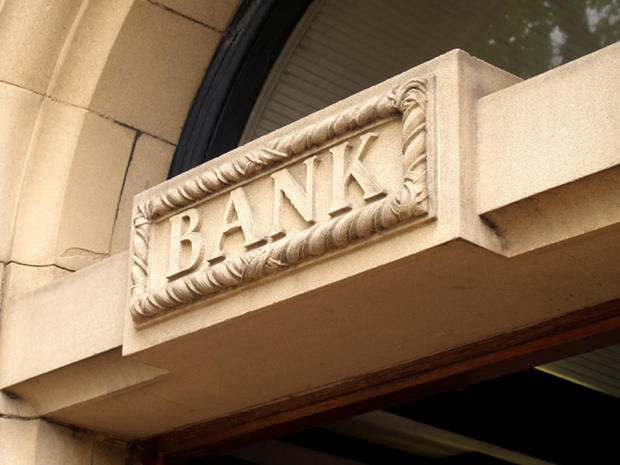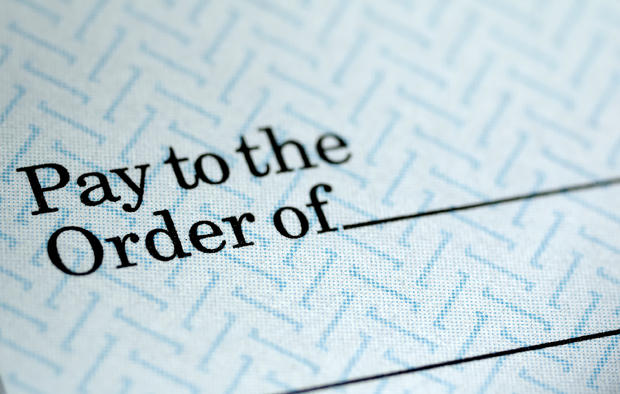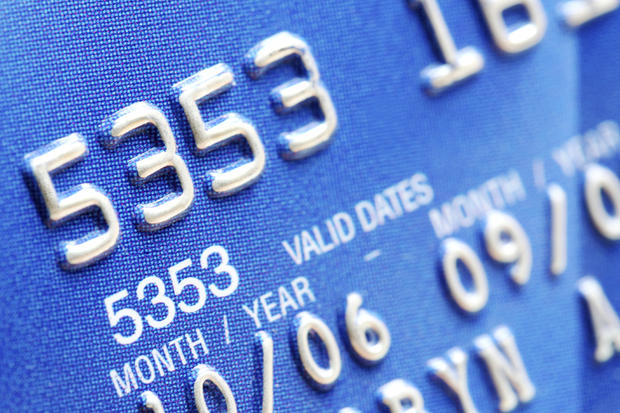7 ways to build credit without a credit card
Let's say you know you want good credit, but you also know you do NOT want the most ubiquitous credit product around. No way do you want a credit card. Perhaps you follow a certain personal finance guru's advice to avoid them. Or maybe you've gotten in trouble with them before and don't want to take any chances with having one again. Whatever the reason, you don't want to go the plastic route.
But is the road to good credit paved with anything else? Good credit will be important if you hope to someday borrow money for a car, a home, cover an unexpected medical bill, or even qualify to rent an apartment.
Luckily, it's possible to get there without a credit card. You may already be doing it without knowing it.
Choosing not to use credit cards can hurt you in the "account mix" factor in your credit scores. You may not earn the maximum points there if you only have installment loans (those where you pay a set amount every month) and no revolving credit (in which your payment can change with your balance, and you can choose to pay a minimum or to pay the balance in full). But account mix is just 10 percent of your score. Far more important is a history of paying on time.
If you have no revolving credit (i.e. a credit card or line of credit), you won't have a credit "utilization" percentage, but that won't keep you from achieving an excellent score. (Also called your "debt usage ratio,' your credit utilization compares your balances on revolving accounts with your credit limits.) Credit expert Barry Paperno says you can get a score higher than 700 without a credit card. And in most cases it is better to have no utilization (as you would without credit cards) than high utilization, Paperno said. Still, "All things being equal, having some utilization, preferably in the single-digit range, will generate a higher score than if there is no utilization," he said.
Here are some non-credit card options for building credit.
1. Credit-builder loan
If you are looking to build or rebuild credit, a so-called credit-builder loan can be a good place to start. Those loans are offered by some credit unions and banks to help people improve their credit. You borrow a nominal amount (often $1,000 or less) and make payments for 12 to 24 months. The payments are deposited in an interest-bearing CD or savings account. These loans typically have relatively low interest rates and can help people with a thin credit history develop a more solid credit profile as long as on-time payments are reported to the three major credit reporting agencies. (As with any of these options, double-check that first.)
2. Passbook or CD loans
For this loan, you use the balance you already have in a savings account or CD to secure the loan. Because the financial institution is holding funds that could be used to repay the loan if you do not pay, you should be able to get this kind of loan even if you have no (or a low) credit score. Pay as agreed, and it should help give you a positive credit reference.
3. Federal student loan
These loans, paid as agreed (or not), will be reported to the credit bureaus. You can get them without a credit check. Keep your payments up to date, and your credit should benefit. Keep in mind though, taking on student loan debt solely to build credit is not a great strategy.
4. Personal loan
These loans, offered by credit unions and banks, do not require collateral, and typically have slightly higher interest rates than secured loans. If you have limited or poor credit, you may be asked to get a co-signer or you may pay a higher interest rate than someone with a stronger credit profile.
5. On-time rent (maybe)
Some property managers report to the credit bureaus. This may be recorded on your credit report and help you establish a credit history, but it is unlikely to affect the scores most used by lenders. But if a utility provider or potential employer or landlord is looking at your credit report, it could help show that you have a history of making on-time payments.
6. Peer lender
If the peer lender reports to credit bureaus, this type of loan, paid as agreed, could help your score. The interest rates may be higher than some of the other options (and average loan amounts are higher than, for example, credit-builder loans). If you go this route to borrow money or establish a credit profile, it's important to be sure the lender reports to credit bureaus.
7. Authorized user status
You could ask a close friend or family member to make you an authorized user on his or her credit card account. It is not necessary for you to actually possess a card to benefit. (In fact, you could ask the person to destroy the card and not even give you the number if you want to keep it completely arm's length.) Assuming that person uses relatively little of their available credit and pays on time, this could boost your score even if you do not actually have a card.
You can -- and should -- check your own credit regularly (you can get two free credit scores, updated monthly, from Credit.com). You can also check your free annual credit reports from each of the three major credit bureaus for free at AnnualCreditReport.com. That way, you can be sure you have not become a "credit ghost" and could access credit if you needed it. It also gives you an idea of what a potential employer, landlord or lender might see when checking your credit. And monitoring your credit can also let you know if someone else is using your personal information fraudulently so that you can put a stop to it.
But it is not necessary to get a card you'd rather not have strictly because you believe you can't get good credit without a credit card. There are many options out there to help you build your credit.
